Confession: The first Stephen King book I ever read was
11/22/63.
Second confession: The second Stephen King book I ever read was
The Wind Through the Keyhole.
I listened to both on audio.
11/22/63 was captivating, enthralling, long (but never tedious), detailed, powerful, and imaginative. It left me craving more King in my reading life. So of course, I promptly read 35 odd books not by Stephen King.
Imagine my delight, then, to have a change to listen to none other than Stephen King himself narrating the audio version of his latest book,
The Wind Through the Keyhole. And imagine my giddy, school-girl giggle when I realized that
The Wind Through the Keyhole, while technically book 4.5 of the Dark Tower series, is actually a stand-alone novel that can be appreciated even by readers new to the well-established series.
The Wind Through the Keyhole is the story of a band of travelers who must seek shelter from an oncoming storm. While waiting out the cold and wind, they light and fire and pass the time with a story. As the story unfolds, we hear of Roland's early days as a gunslinger, and his mission to find and kill a skin man -- terrifying, murderous creature that changes forms at the drop of a hat. Along the way, Rowan finds a young boy who is the only living person capable of identifying the skin man in his human form. And so they lock the boy away for his safekeeping, and to pass away the time while they wait to round up the usual suspects, as it were, Roland tells the boy a story...
And the second story unfolds, and proves to be the namesake of the novel King himself has narrated. The story-within-a-story is about a young boy seeking revenge for his father's death, which sends him on a quest to cure his mother of her blindness, a quest in which he stands down a tiger, seeks Merlin, stumbles across black magic, poses as a gunslinger... all at the age of 11.
Both stories are fantastical and whimsical, and fit perfectly inside one another. King's novel is an ode to the power of storytelling as a means of escape, as a means of entertainment, as a means of conveying messages about life, death, fear, bravery, and so much more. And though King's narration can feel flat at times, it is ultimately impossible to question his delivery--the stories contained herein came from him, after all.
The Wind Through the Keyhole proves a fitting tribute to fiction from an author known for his skill with the pen; what's more, it is a welcome return to Mid-World for fans of the Dark Tower series, or a simple introduction to the world to those new to the novels. Novels I'll be sure to add to my TBR list, of course.
---
Thoughts from other bookworms:
The Guilded Earlobe
5 Minutes for Books
---
Note: Thanks to Simon and Schuster Audio for a review copy of this title.
The Wind Through the Keyhole | Stephen King, nar. Stephen King | 9781442346963 | 12 discs | April 2012 | Buy from an independent bookstore near you
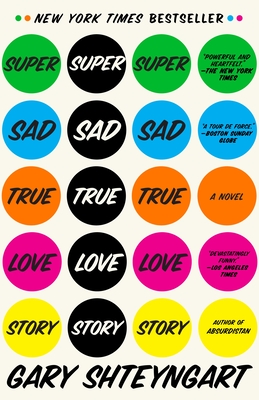 Nancy Pearl, who might be the only librarian who can boast her own action figure, has a rule of 50: read the first 50 pages, and if you don't like it, move on.
Nancy Pearl, who might be the only librarian who can boast her own action figure, has a rule of 50: read the first 50 pages, and if you don't like it, move on.
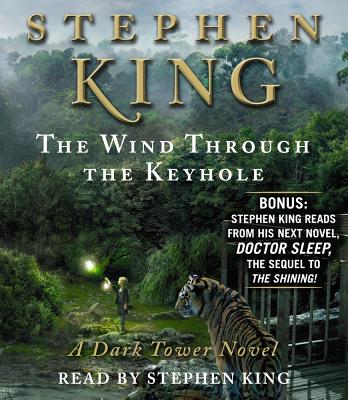
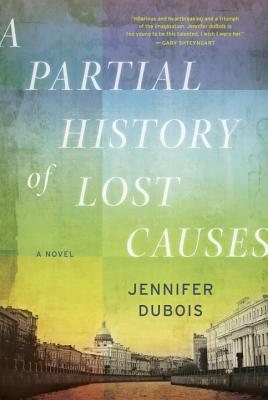
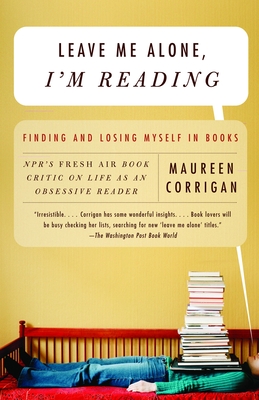
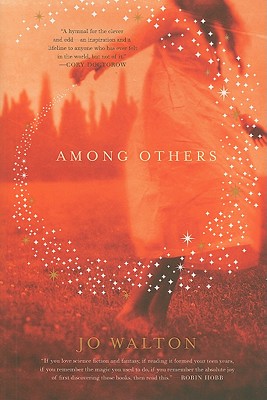
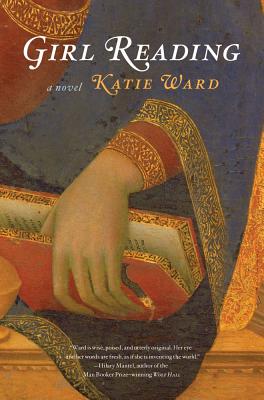
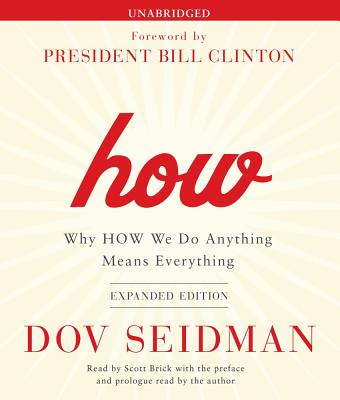
.JPG)





